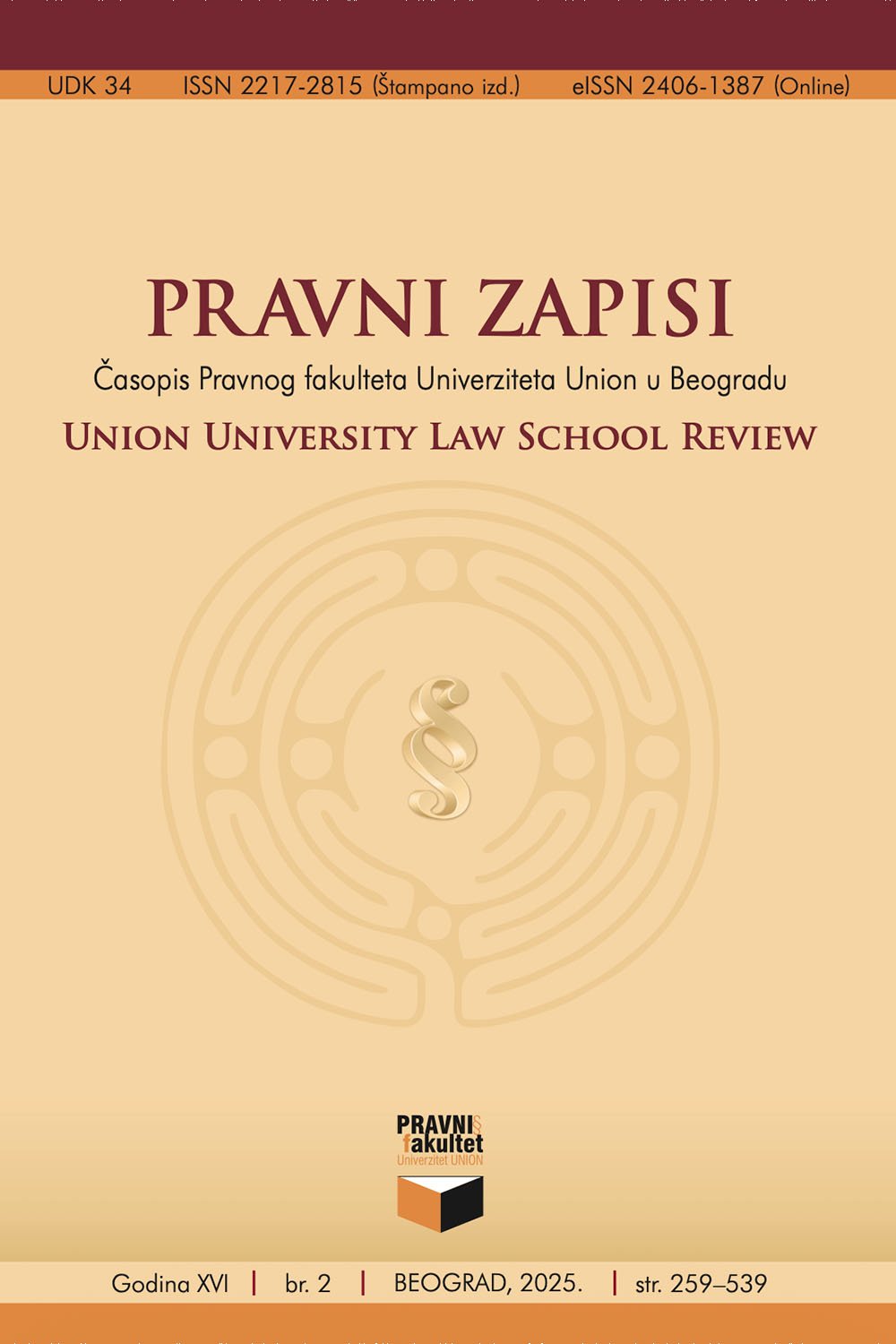PRAVNI ZAPISI • Year II • No. 1 • pp. 135-149
INTERNATIONAL ADOPTION AND SERBIA

Prof. dr Nevena Vučković-Šahović
Vanredna profesorka, Pravni fakultet Univerziteta Union u Beogradu
.
.
.
Pravni zapisi, No. 1/2011, pp. 135-142
Original Scientific Article
KEY WORDS
adoption; international adoption; a child without parental care; family environment; the best interests of the child; Convention on the Rights of the Child; Committee on the Rights of the Child; obligations of Serbia; Hague Convention on Protection of Children and Co-operation in Respect of Intercountry Adoption
ABSTRACT
The common environment in which a child is growing up is its family. International law recognises childhood as a separate concept, but also recognises that the family is in most cases, the best environment for a healthy childhood. International law treats the family as the basis social unit and as a natural environment for the child’s well being. The Convention on the Rights of a Child affords primary significance to the family when it comes to securing the rights of the child. When a child does not have a family, the state is obliged to secure other solutions, among others foster homes, adoption or social welfare institutions. International law recognises different forms of solutions for children without parental care and specifically regulates the international adoption, affording primacy to domestic adoption, for reasons of preservation of the child’s culture and identity. International adoption is a relatively new phenomenon. After the Second World War, it started to develop as a legal institute and since the 1970s the number of such adoptions gas risen dramatically. By the beginning of the 1980s it became obvious that international adoption is followed by a number of complex legal and human issues and that the lack of national and international legal instruments points towards the necessity of a multilateral approach. For these reasons, on May 29, 1993, the Convention on Protection of Children and Cooperation in the Field of International Adoption was adopted under the auspices of the Hague Conference of International Private Law. International adoption is not common in Serbia. Couples from Serbia who wish to adopt a child are usually not ready to adopt a Roma child, an “older” child or a child with a disability. International adoption could be a solution for these children. Besides that, children without parental care from other countries could find their family in Serbia. By ratifying the Hague Convention, Serbia joined the family of states which closely cooperate in the area of international adoption, by preventing abuse or grave omissions. In addition, Serbia would show that it respects international obligations and that it respects the constitutionally guaranteed protection of children who are not taken care of by their parents.

